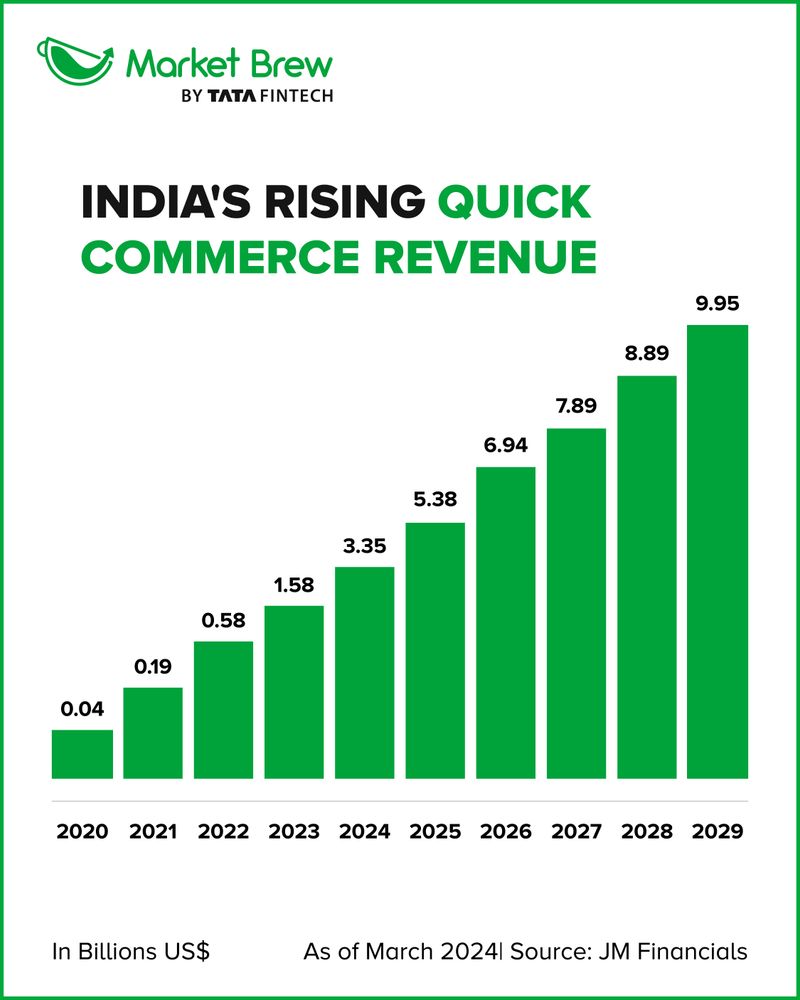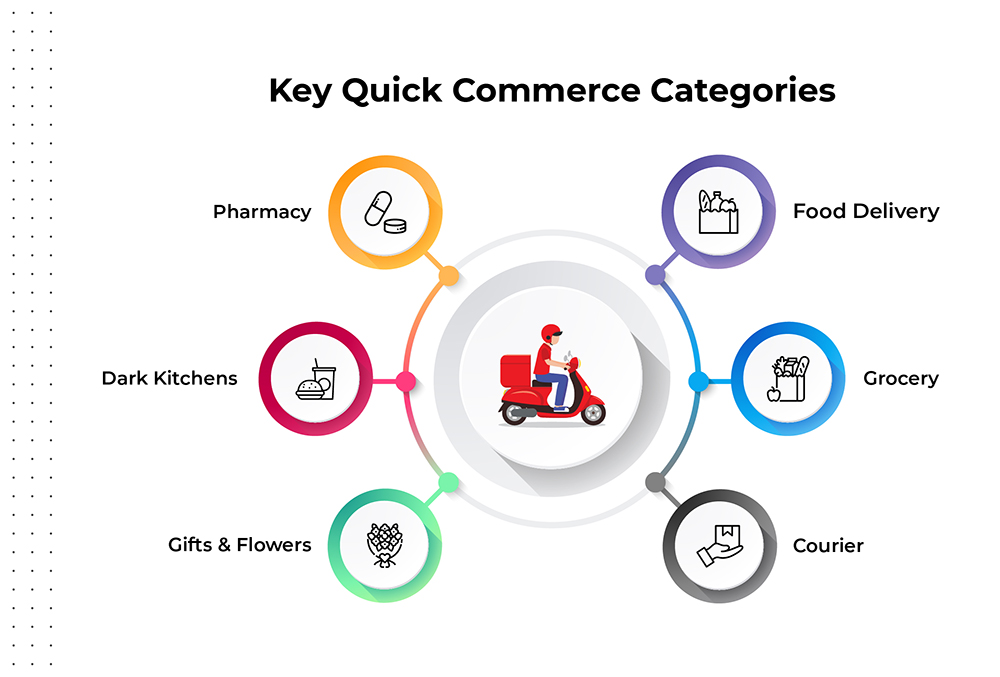What’s Next for Gig Work in India’s Quick Commerce Boom?

The youth of today wants more. They are not ready to settle into the boxes of convenience and mediocrity anymore. This has led to a dramatic shift in how work is perceived in India.
More and more Indians are turning to the gig economy for flexibility and independence, leading to a rise in quick commerce platforms. So, it’s only logical to take a look at how they are reshaping the gig economy and generating new income sources and invaluable learning opportunities for India’s aspiring workforce.
Rise in Demand
One of the most significant outcomes of the quick commerce revolution has been the sheer demand for delivery personnel. From metro cities like Delhi and Mumbai to tier-2 towns such as Indore and Kochi, companies are aggressively recruiting gig workers to handle hyperlocal delivery needs.
Since it is still on the path of development, the barrier to entry is low, as most platforms require basic documentation and a two-wheeler. This makes it a highly accessible form of employment, especially for those seeking part-time jobs.
Higher Earning Potential
While many associate gig work with low pay, the landscape is evolving. Delivery partners working in the quick commerce space can often out-earn their counterparts in traditional food delivery or ride-hailing services.
According to a Morgan Stanley report, q-commerce delivery partners in metros such as Bengaluru and Hyderabad earn an average net income of around ₹21,400 per month, outpacing traditional food delivery roles, making it an attractive option for anyone exploring gig work in India.
Diversified Income Streams
One of the hidden strengths of working within the gig economy is the ability to diversify. Gig workers aren’t tied down to a single employer. They can sign up with multiple platforms and can deliver groceries in the morning, parcels in the afternoon, and food at night. This helps them maximise their daily income.
New Roles Beyond Delivery
The quick commerce ecosystem is expanding beyond delivery jobs. With the evolution of these platforms, there’s a rising need for in-store shoppers, customer support agents, inventory handlers, and even warehouse coordinators. These roles not only broaden income options but also open doors for people with different skill sets and preferences.
For instance, someone uncomfortable navigating busy city traffic can explore an indoor role managing orders or assisting customers virtually. These alternatives are also increasingly becoming ideal freelance jobs for students, allowing them to work within a controlled environment while balancing their studies.
Learning Opportunities in the Gig Economy
While income is the immediate motivator for many, gig work also offers something equally valuable: real-world learning. Unlike conventional jobs that limit growth to a vertical ladder only relevant within the office walls, these jobs expose individuals to a horizontal spectrum of skills.
- Developing Valuable Skills
From learning to use logistics apps to handling customer complaints on the go, gig workers in hyperlocal delivery roles pick up technical and interpersonal skills rapidly. The ability to manage time, plan optimal delivery routes, and deal with high-pressure situations becomes second nature.
Moreover, platforms often provide short online training modules on using digital tools, financial literacy, and safety protocols, adding further value to the worker’s skillset.
- Building a Professional Network
Gig work is all about building a network in the professional world. You have your daily interactions with platform teams, co-workers, and clients to foster a network. These informal connections can lead to future full-time roles, referrals, or even entrepreneurial partnerships. This aspect allows youngsters to plug into a growing digital-first workforce without needing a formal degree or extensive experience.
- Gaining Practical Experience
The q-commerce industry thrives on providing a practical learning environment. Whether you’re a delivery partner or handling backend support, each task teaches valuable lessons in logistics, supply chain management, problem-solving, and customer satisfaction.
This hands-on exposure is worth its weight in gold, especially for students or early-career professionals who want to eventually pivot into operations, business development, or even technology roles in the future.
- Potential for Upskilling and Reskilling
Another major advantage of gig work is its inherent flexibility. Since most roles offer adjustable hours, individuals can pursue formal education or online certifications alongside their work. There are also growing efforts by edtech platforms and gig companies to collaborate on skilling initiatives, providing gig workers with the tools they need to climb the professional ladder or shift into new industries altogether.
The Future of Quick Commerce and the Gig Economy
The future of the q-commerce industry is bright as the relationship between e-commerce and the gig economy deepens in the country.
- Increased Internet Usage: As urban consumer expectations rise, so will the need for speedy deliveries. And thanks to the digital-first led narrative, internet penetration is growing even in tier 2 and tier 3 cities, growing the consumer base of the e-commerce industry and the need for gig workers.
- Innovation-Rich Future: As technology evolves, which it will, get ready to see some exciting innovations like AI-assisted route planning, drone deliveries, or smart inventory systems. Platforms are also evolving their e-commerce fulfillment strategies to match these innovations, creating better backend support for gig workers.
- Strong Cultural Shift: There’s also a strong cultural shift underway. More Indians are seeing gig work not just as a stopgap but as a legitimate career path. This evolving mindset, especially among youth, is crucial in building a more inclusive and modern workforce.
Bottom Line
The boom in quick commerce in India is more than just a business trend. It is a gateway to empowerment. From students who are looking for a side hustle to individuals who want an additional source of income, more people are beginning to view the gig economy in a positive light.
So, whether you’re interested in hyperlocal delivery, customer support, or backend logistics, there’s no better time than now to explore this fast-growing sector! The future of work in India is agile, on-demand, and tightly connected to digital innovation, and the gig economy is right at the heart of it.









